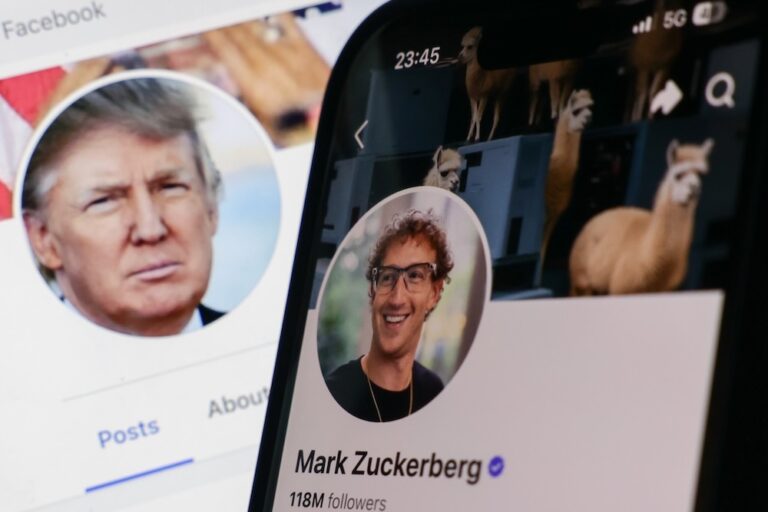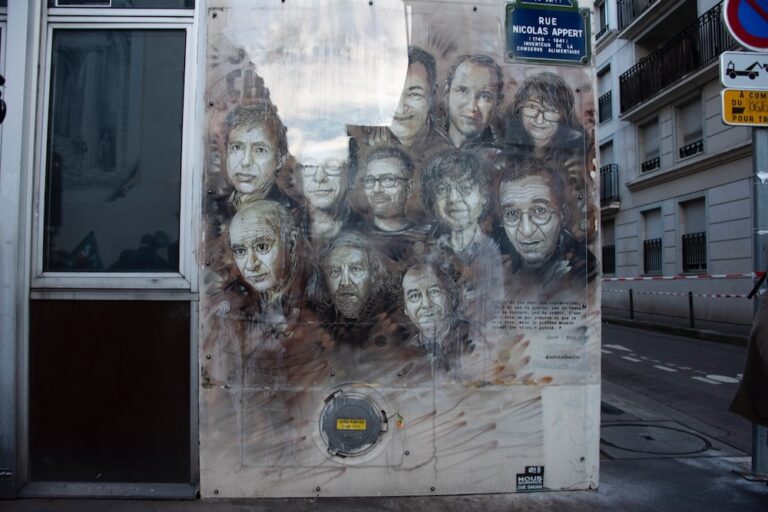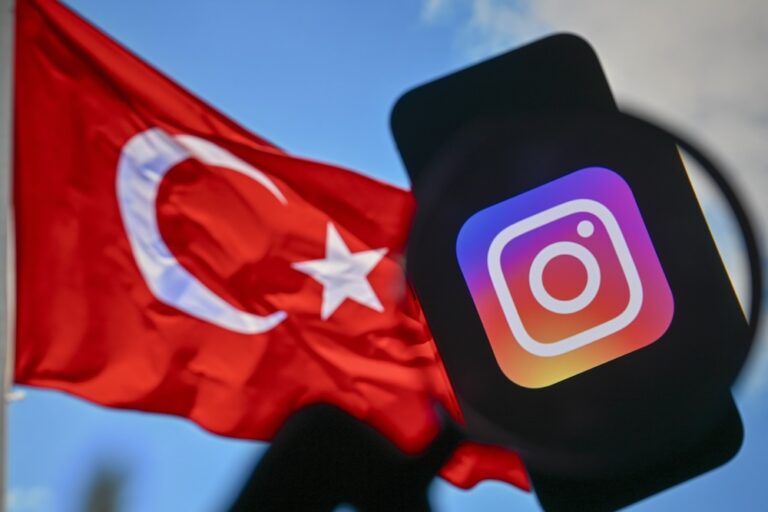(Freedom House/IFEX) – The following is an abridged version of a 30 March 2009 Freedom House press release: New Study Identifies Emerging Threats to Internet Freedom Washington – 30 March 2009 – A new study from Freedom House warns that the rights of internet and mobile phone users are increasingly at risk as governments, both […]
(Freedom House/IFEX) – The following is an abridged version of a 30 March 2009 Freedom House press release:
New Study Identifies Emerging Threats to Internet Freedom
Washington – 30 March 2009 – A new study from Freedom House warns that the rights of internet and mobile phone users are increasingly at risk as governments, both repressive and democratic, expand their ability to monitor and control online activity.
Freedom on the Net ( http://tinyurl.com/djapcz ) identifies wide disparities in internet freedom among the 15 countries studied and raises concern over trends such as the “outsourcing of censorship” to private companies and authoritarian governments’ use of undercover agents to manipulate online conversations. The report cites both repressive and democratic governments for internet surveillance and for failing to adequately inform users about censorship standards.
“More than a billion people look to the internet and mobile phones to provide a new freedom frontier, where they can exercise their right to freedom of expression without repercussion,” said Jennifer Windsor, Freedom House executive director. “But as access grows, more governments are employing diverse and sophisticated methods to monitor, censor and punish internet users.”
Freedom House developed the pilot study to better understand emerging threats to internet freedom. Freedom on the Net evaluates each country based on barriers to access, limitations on content and violations of users’ rights. It captures not only government actions, but also indicates that citizens are resisting government attempts to restrict their online activity.
Findings from the study, which covers events from 2007 to 2008, will be formally released Wednesday to a conference of more than a thousand bloggers in Berlin, Germany. Freedom House hopes to expand the study to examine internet freedom in all countries of the world.
Cuba received the lowest score in the study because of the Castro regime’s near total control over internet access. Three other countries received a ranking of Not Free: China, Iran and Tunisia. The vast majority of the countries studied received a Partly Free ranking: Egypt, Georgia, India, Kenya, Malaysia, Russia and Turkey. Estonia tops the study as the country with the most internet freedom. Other countries ranked Free are: Brazil, South Africa and the United Kingdom.
The study’s China report shows a particular paradox: a country with an estimated 300 million online users that also has the world’s most highly-developed censorship apparatus. China ties with Cuba for the country with the most curbs on users’ rights, including prosecutions for online activities, surveillance and extra-legal harassment of bloggers.
“Freedom House is heartened by the fact that citizens, even in highly-repressive countries like China, Cuba and Iran, are pushing back with creativity and courage against these growing government controls over the internet,” said Windsor. “Democratic countries should not only support such voices, but also set an example of best practice with their own digital media policies.”
General Trends
– Growing Access, Threats: In six (40 percent) of the countries examined, internet use doubled between 2006 and 2008. Mobile phone penetration doubled in three (20 percent) of the countries. At the same time, six countries (40 percent) sentenced a blogger to prison and a third of the countries introduced new internet-restricting legislation. Methods to control and censor traditional media are seeping into the new media environment, but are not as common yet. In addition to imprisonment, torture, and intimidation of internet activists, governments also engage in online harassment by hacking or using technical means to shut down websites.
– Censorship Proliferates: Eleven countries (73 percent) targeted political content in at least one instance, and general censorship and control was present in every country studied. Censorship techniques included technical filtering, manual content removal because of government directives, intimidation, judicial decisions and sophisticated manipulation of online conversations by undercover agents.
– Outsourcing Censorship: More governments are requiring private actors such as internet service providers, blog hosting companies, cybercafé employees and mobile phone operators to censor and monitor users. This outsourcing affects both local and multinational companies.
– More Internet Freedom than Press Freedom: For every country in the study – with the exception of the United Kingdom – their internet freedom score outperformed their score in Freedom House’s Freedom of the Press study, which principally examines broadcast and print media. These differences were most pronounced in the Partly Free countries such as Kenya, Russia and Malaysia.
– Civic Activism Increases: Citizens are resisting government control by blogging, using code for sensitive keywords and organizing protests and advocacy groups through social networks like Facebook.
For the full text of the report, see:
http://www.freedomhouse.org/uploads/specialreports/NetFreedom2009/FreedomOnTheNet_FullReport.pdf


